International students face limited scholarship opportunities in the UK, with most financial aid options like bursaries and need-based support being available for UK citizens. Merit scholarships are scarce, and the one previously available for IMO Gold Medallists has been discontinued. International students may have better chances securing scholarships from their home countries, such as the Indonesian Endowment Fund for Education, which provides £15,300 per year plus additional expenses.
Some university scholarships, like the Clarendon and Rhodes Scholarships, are available, but competition is high. While student finance options exist, they primarily benefit UK students, though loans may be accessible for international students at institutions like Oxford.









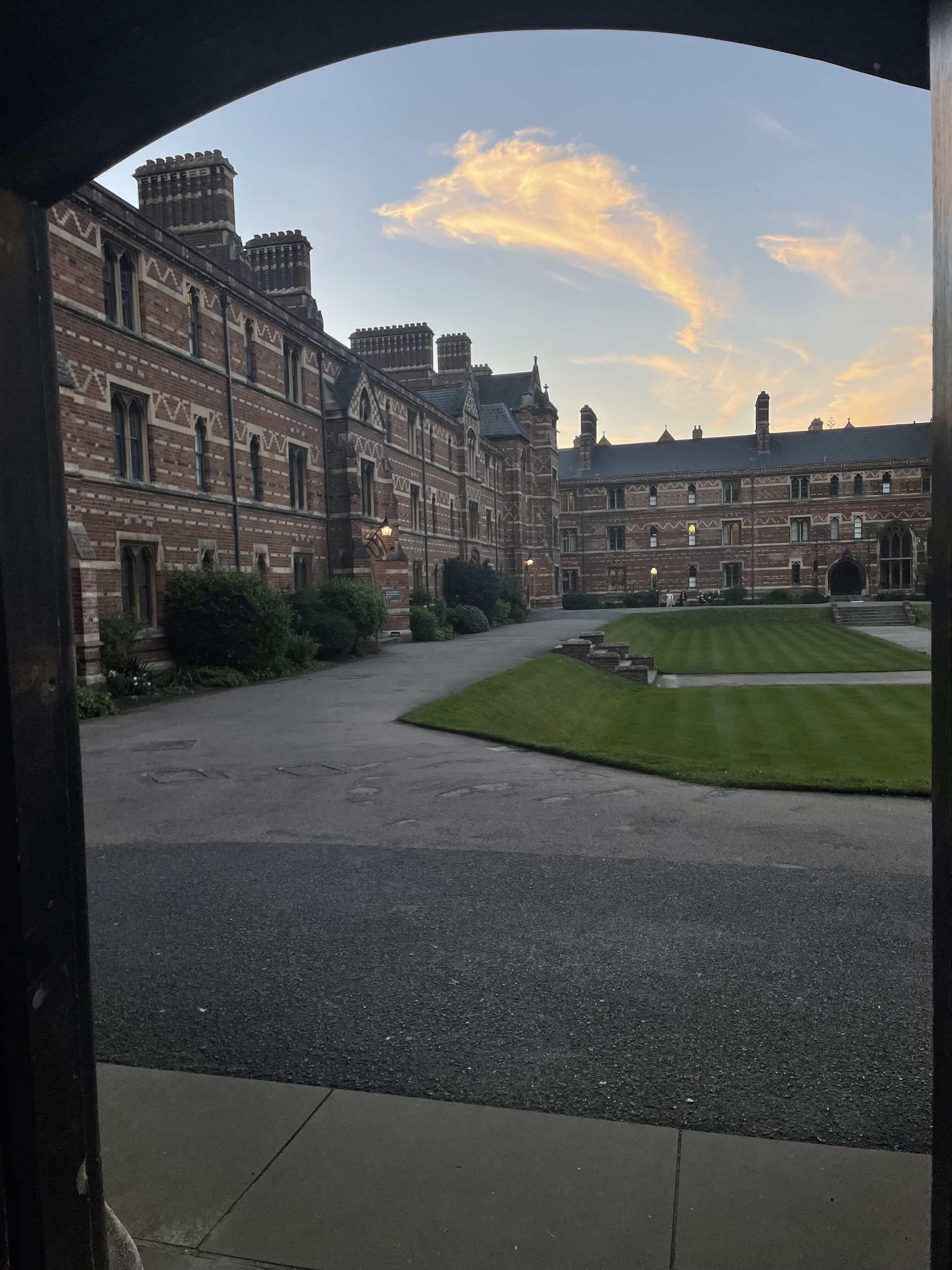

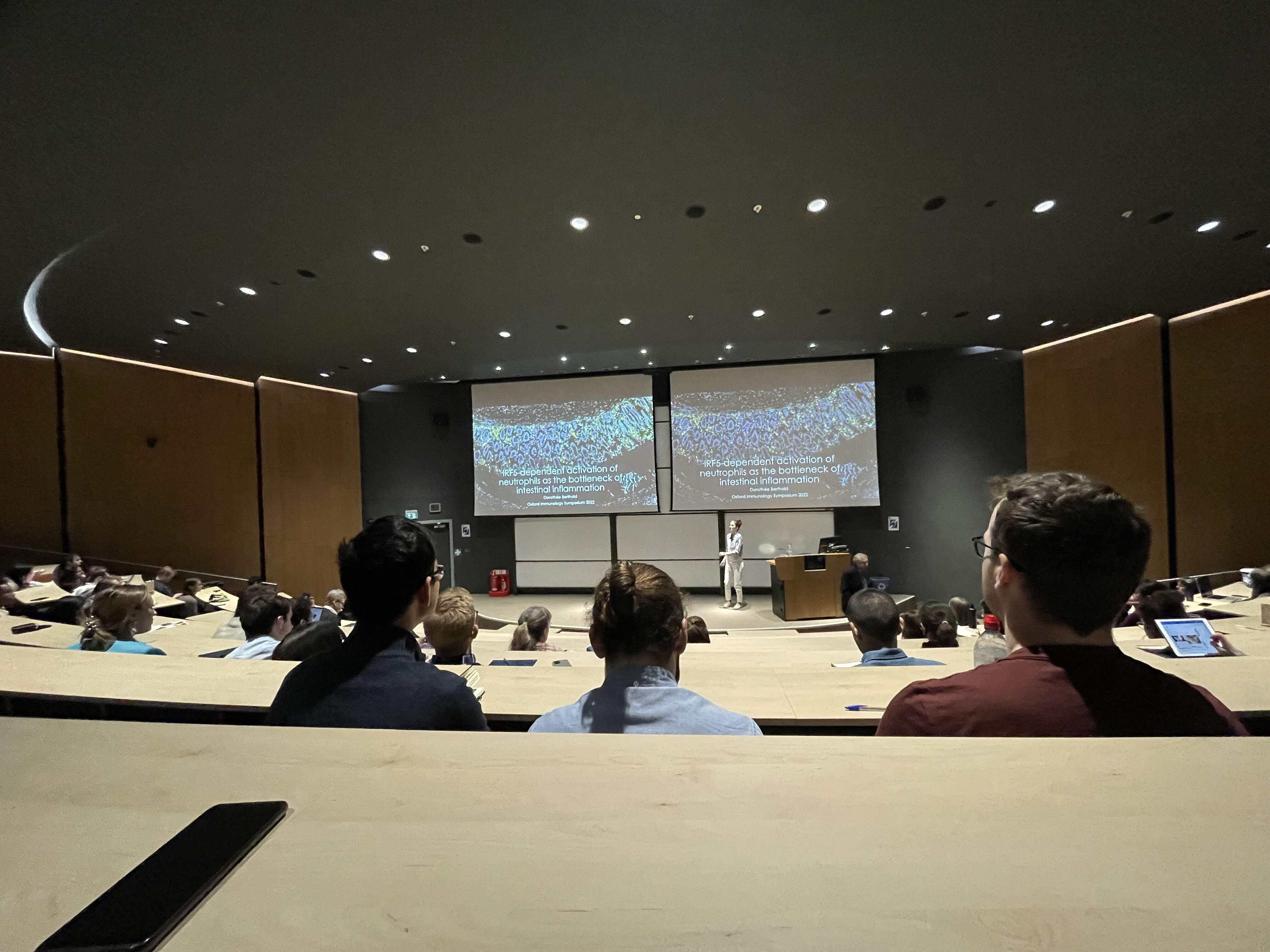

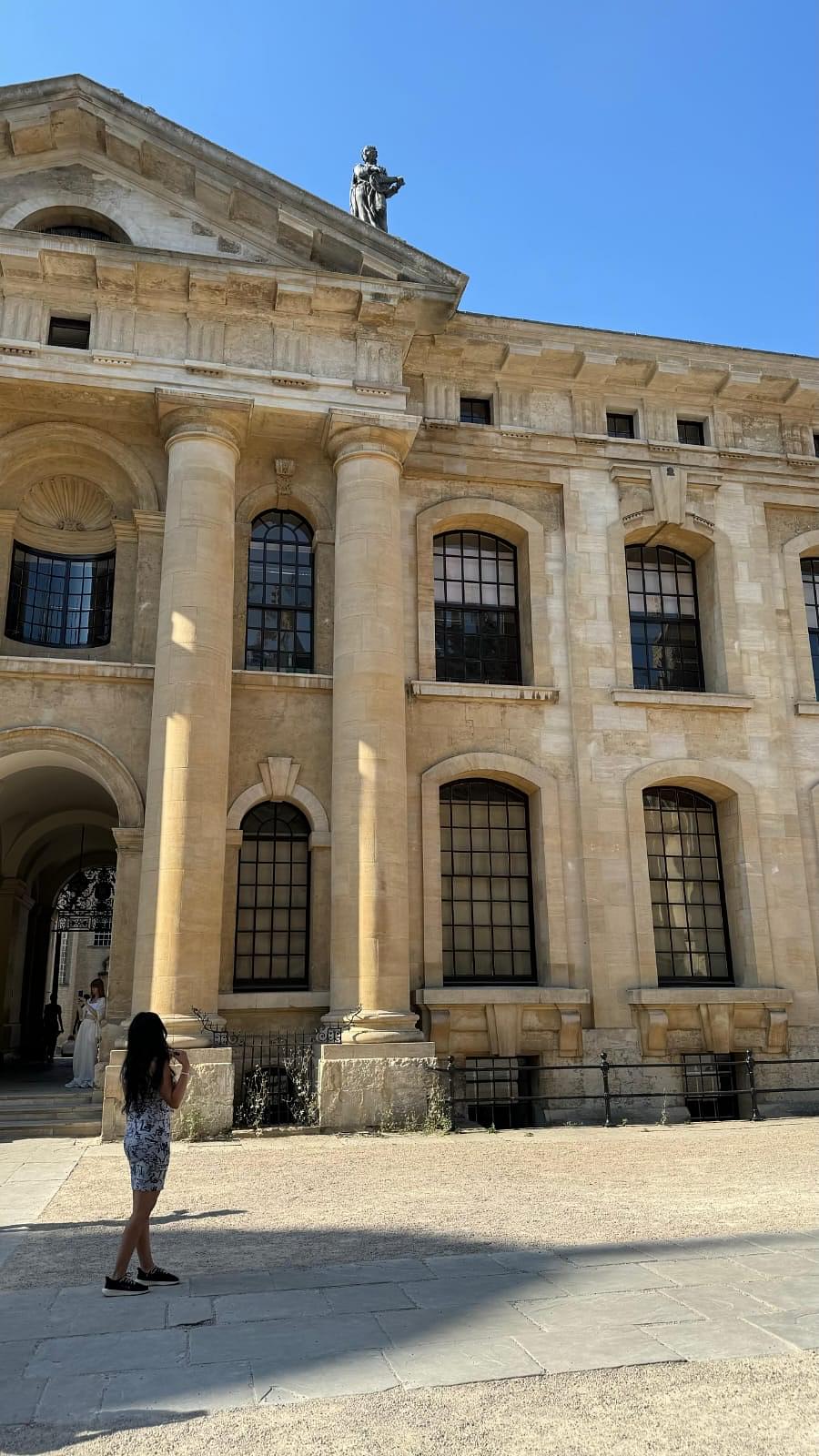

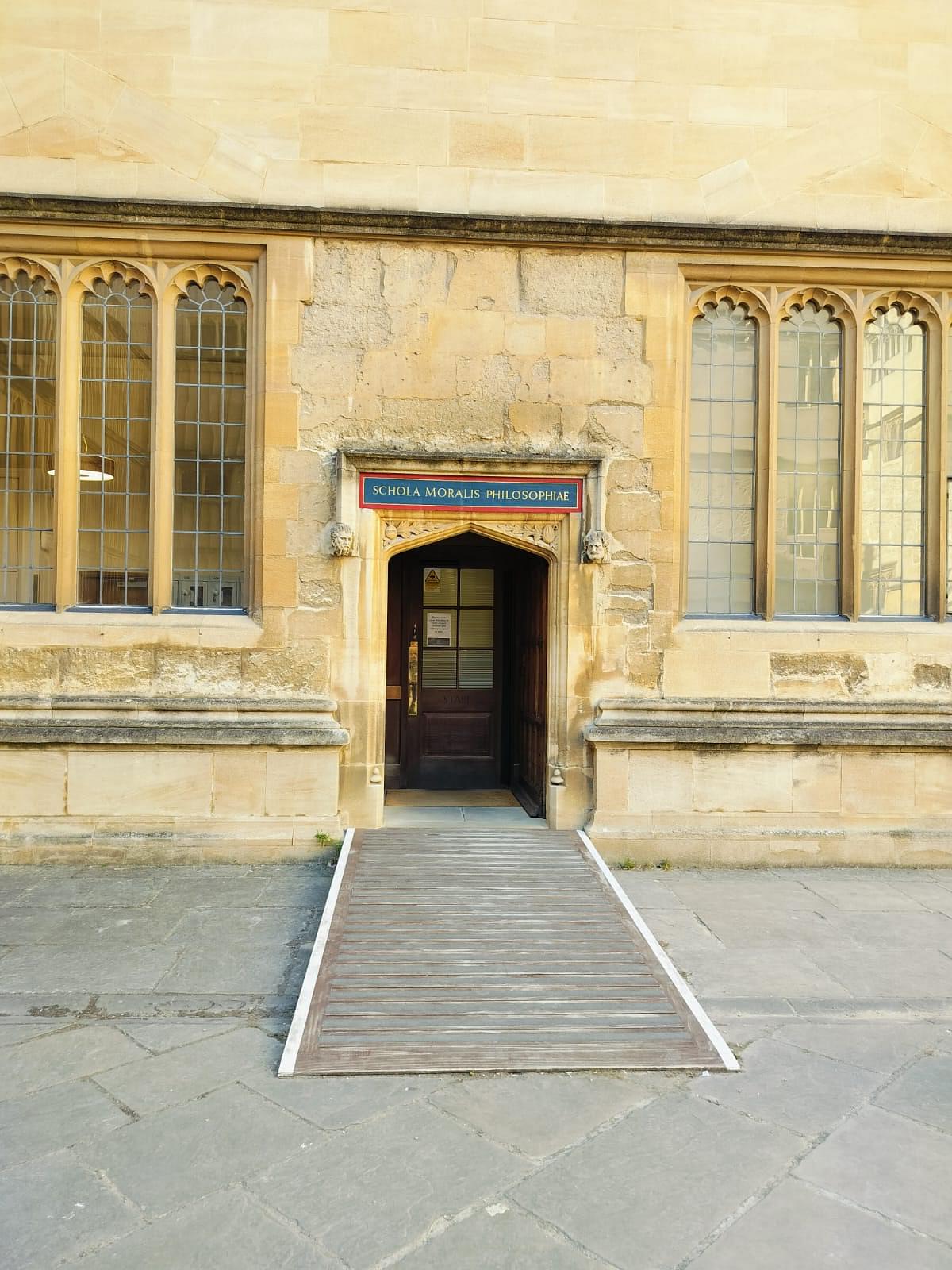



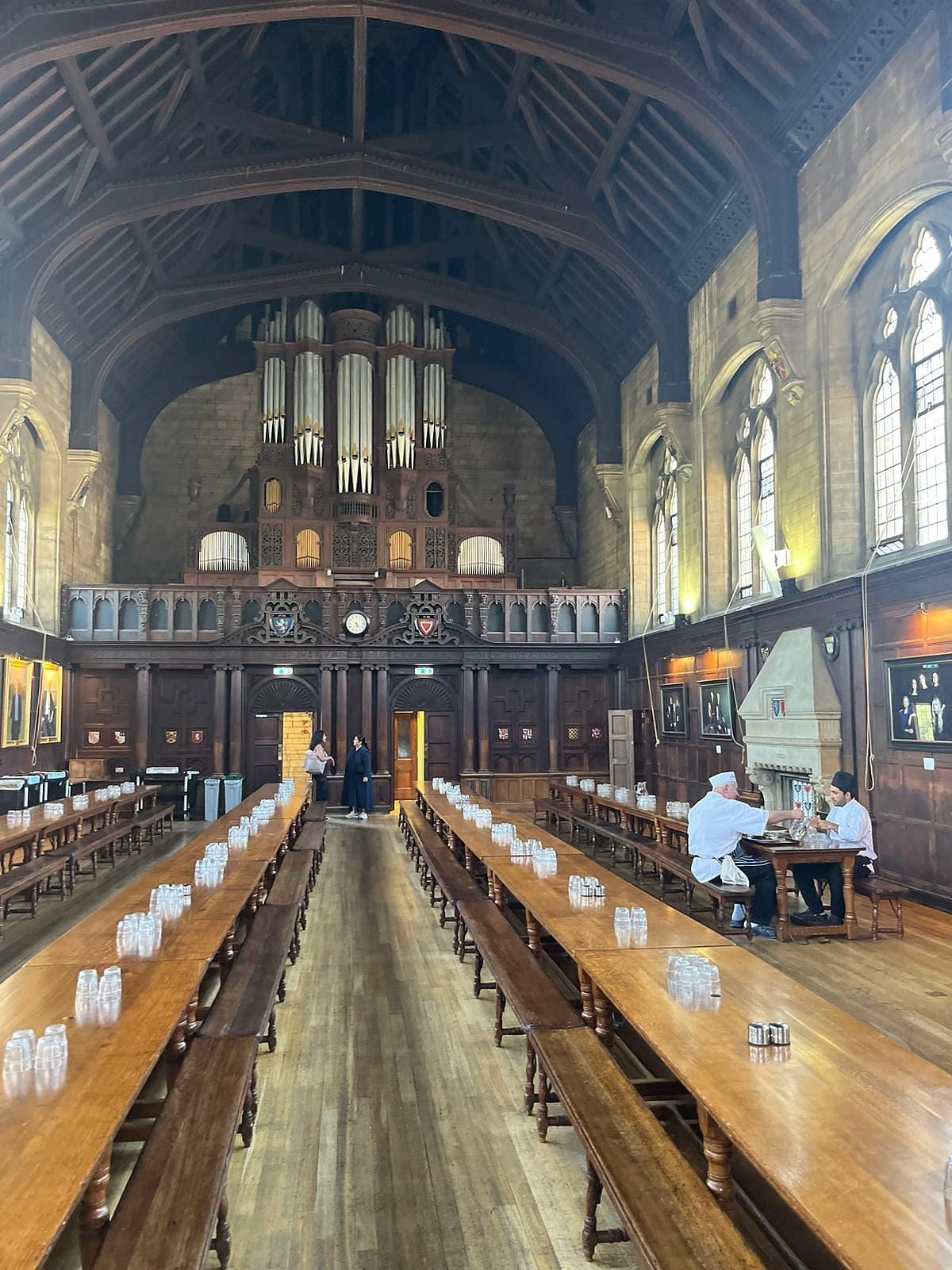

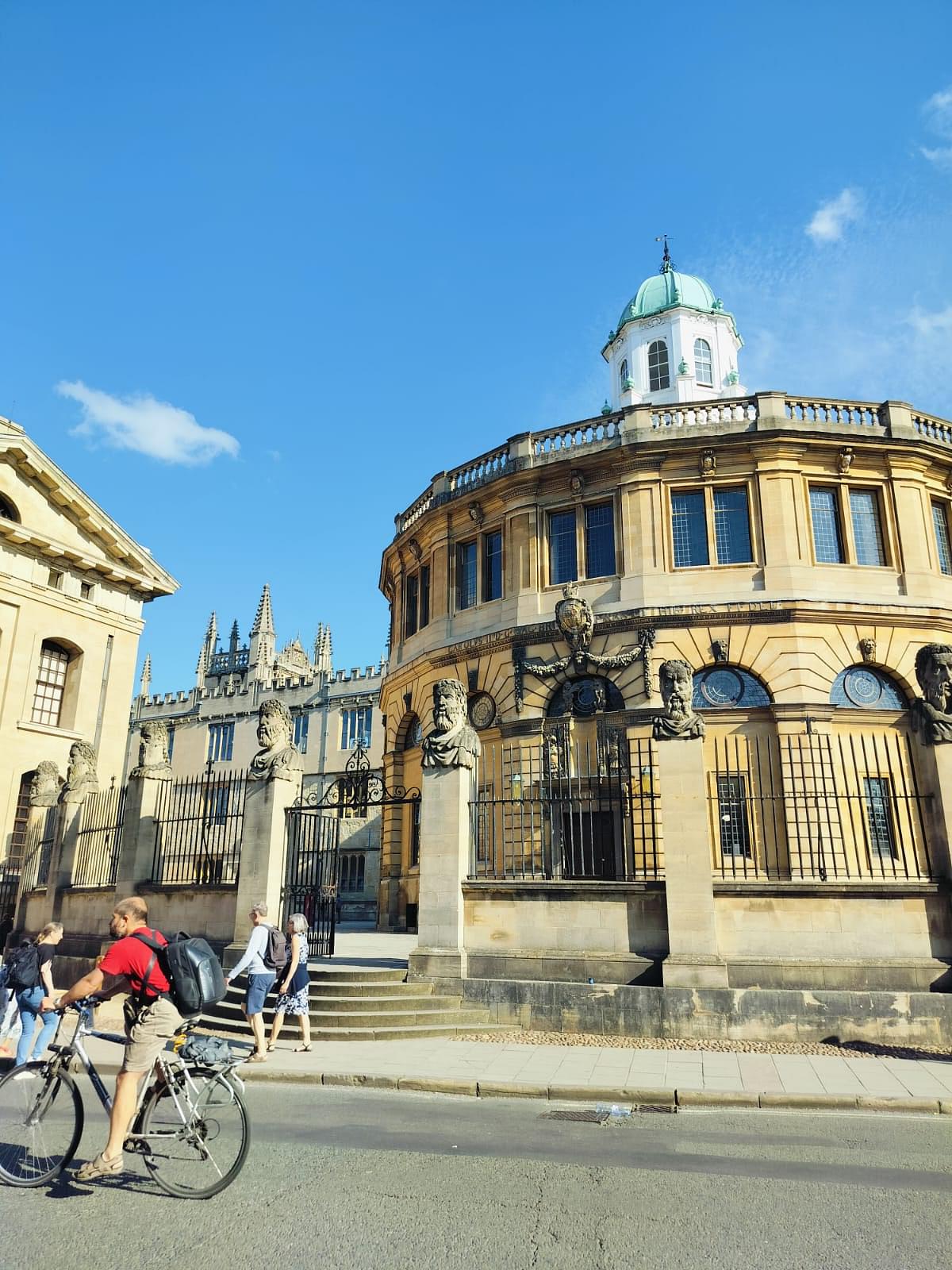
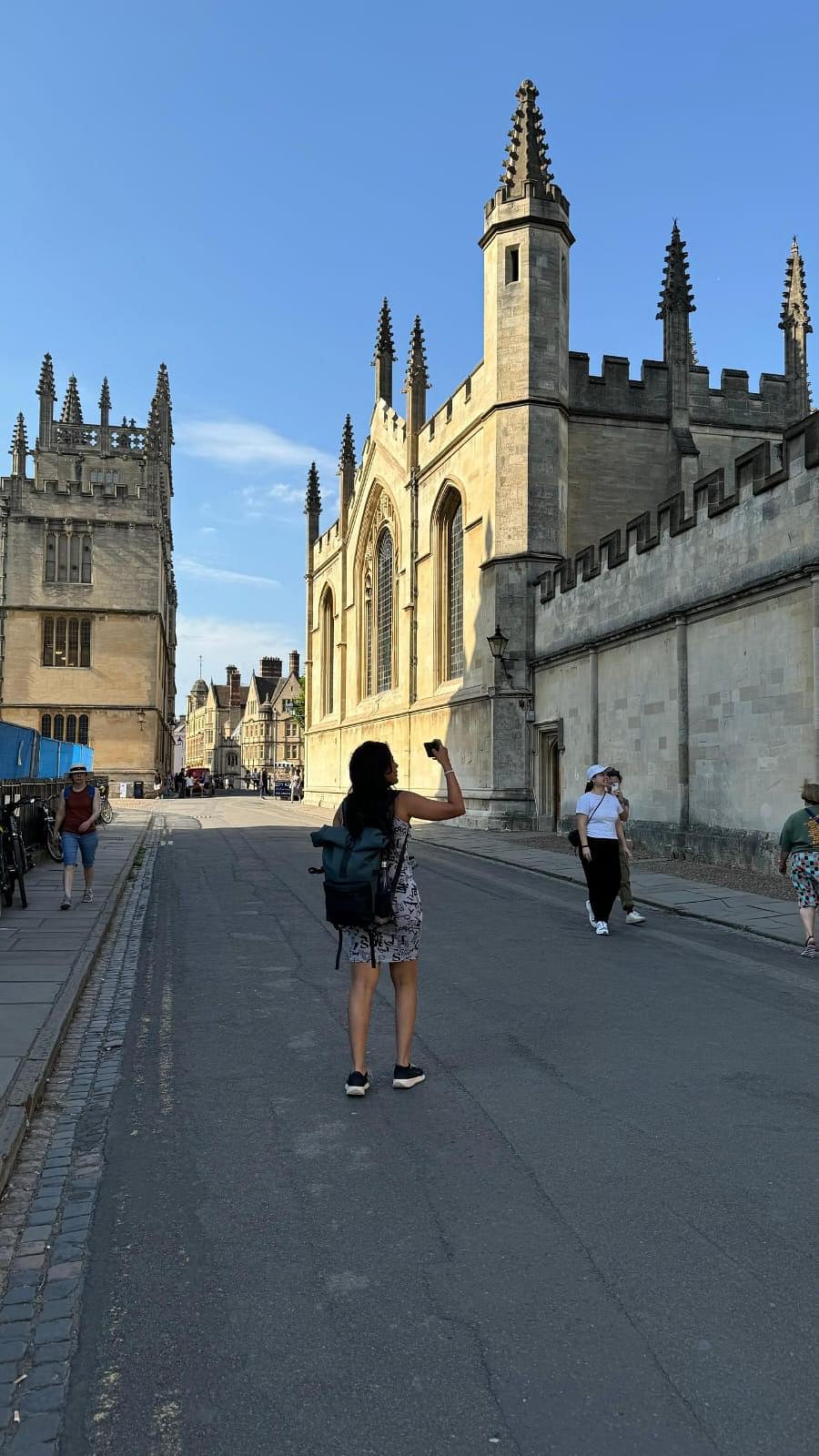
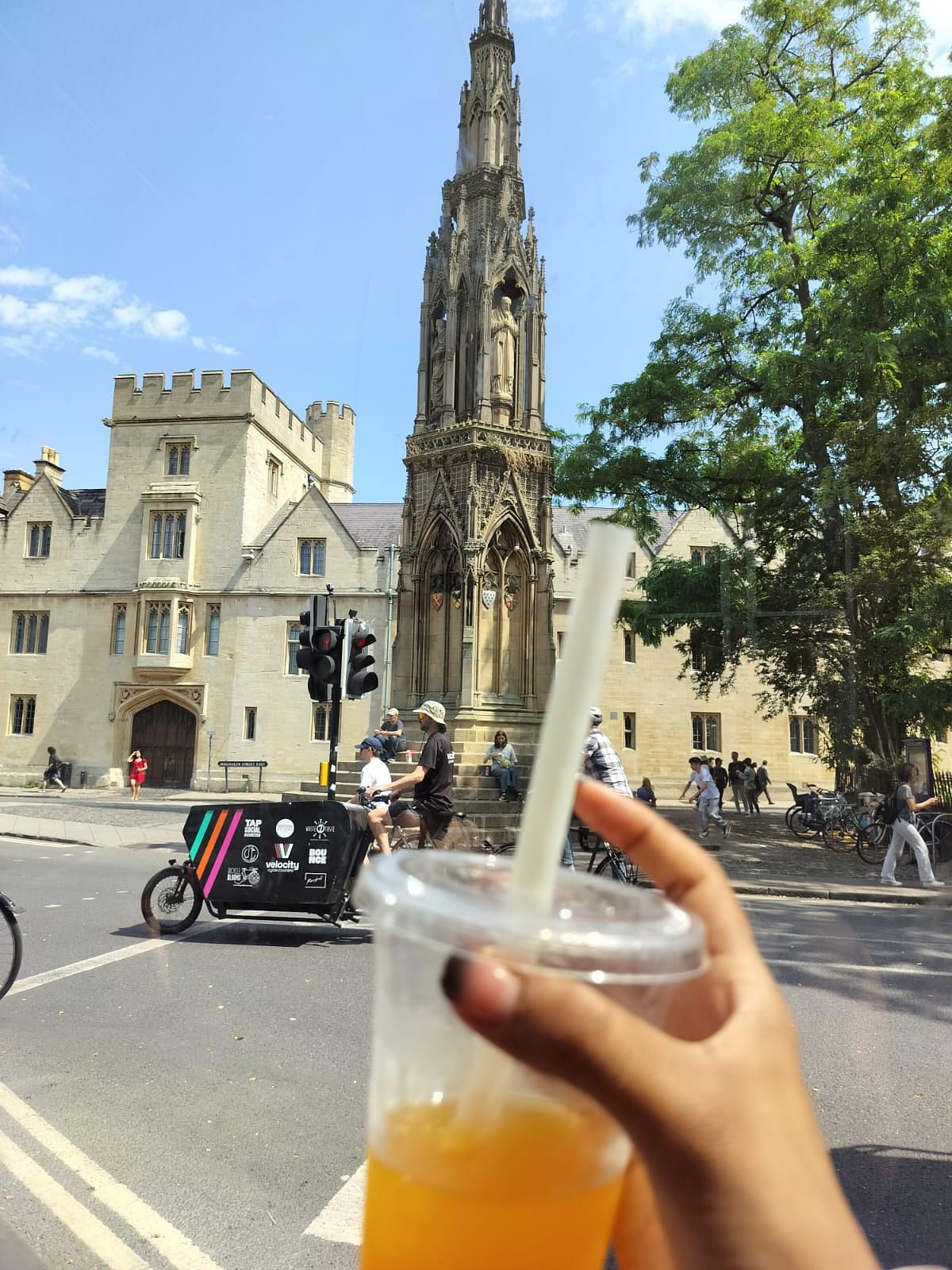











Comments